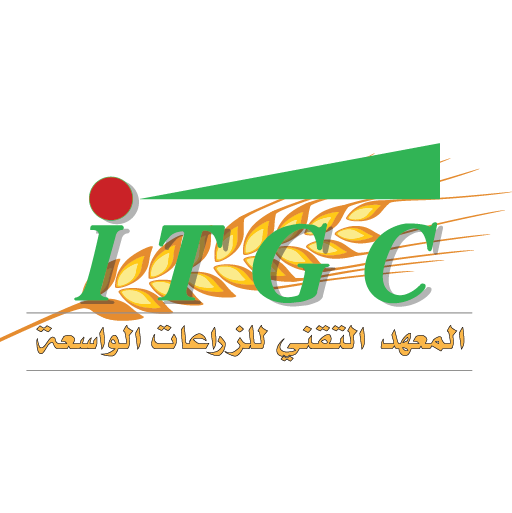






عرف المعهد التقني للزراعات الواسعة إقبال كبير من طرف الفلاحين، المستثمرين، الطلبة و الإطارات اثر مشاركته في الصالون الدولي للفلاحة من 22 إلى25ماي بقصر المعارض بالجزائر العاصمة، و كان هذا الصالون فرصة لتقديم مختلف النشاطات و عرض المكتسبات التقنية للمعهد من خلال الأصناف الجديدة المستنبطة من الحبوب و المعتمدة حديثا ذات جودة عالية لتحسين الإنتاج و تحقيق الأمن الغذائي ،و كذا توزيع مختلف المطويات و المطبوعات المنشورة من طرف المعهد.
يعمل المعهد على تطوير إنتاج زراعة الحبوب و البقوليات الجافة و الأعلاف و كذا المحاصيل الصناعية و الزيتية مثل القطن و البنجر السكري ، عباد الشمس، و السلجم الزيتي… مع الاهتمام بحقيقة الميدان والمشاكل التي تعاني منها الزراعة الجزائرية بصفة عامة، و المحاصيل الكبرى بصفة خاصة و المرافقة التقنية للفلاحين في هذا المجال .
بذل المعهد كل جهوده لاستنباط و انتقاء الأصناف ذات قدرات و جودة عالية، إذ انطلاقا من 23 صنف من الحبوب في عام 1974 وصل المعهد حاليا إلى 116 صنف من بينها(104 صنف تم تسجيلهم في السجل الرسمي لأصناف الحبوب و هي قابلة للإنتاج والتسويق.كما يحتوي البرنامج الوطني لإنتاج البذور على 45 صنف من بين 67 صنف من الحبوب منتجة من طرف المعهد. وقد عمل المعهد التقني للزراعات الواسعة على ضمان الاكتفاء الذاتي من البذور ما قبل القاعدية و القاعدية للحبوب إذ منذ 1994 لا تستورد الجزائر بذور الحبوب.
كما عمل المعهد على وضع المسار التقني لمختلف أنواع محاصيل الزراعات الواسعة و تحديد تكاليف الإنتاج في الهكتار الواحد لجميع مناطق الإنتاج في الجزائر من بينها
الجنوب الجزائري الذي أصبح وجهة استثمارية للعديد من منتجي الحبوب
The Technical Institute of Field Crops has received significant interest from farmers, investors, students, and professionals following its participation in the International Agriculture Exhibition (SIPSA) from May 22 to 25 at the Exhibition Palace in Algiers, the capital of Algeria. This exhibition was an opportunity to show the different activities and technical achievements of the institute, including newly released high-quality varieties of cereals aimed at improving production and achieving food security. Additionally, the institute distributed various brochures and publications.
The institute focuses on developing the production of cereal crops, legumes, forage, as well as industrial and oil crops such as cotton, sugar beets, sunflowers, and oilseed rape. It addresses the specific problems faced by Algerian agriculture in general, particularly major crops, and provides technical support to farmers in these areas. The institute strives to develop and select high-capacity and high-quality varieties. Since its establishment in 1974 with 23 grain varieties, the institute has currently reached 116 registered varieties, 104 of which are officially listed for production and marketing. The National Seed Production Program includes 45 varieties of grain out of the 67 produced by the institute. The Technical Institute of Field Crops has also ensured self-sufficiency in basic and certified grain seeds since 1994, eliminating the need for grain seed imports by Algeria.
Furthermore, the institute has developed the technical framework for various types of field crops and determined production costs per hectare in all production regions of Algeria, including the southern regions, which have become an attractive investment destination for many grain producers

